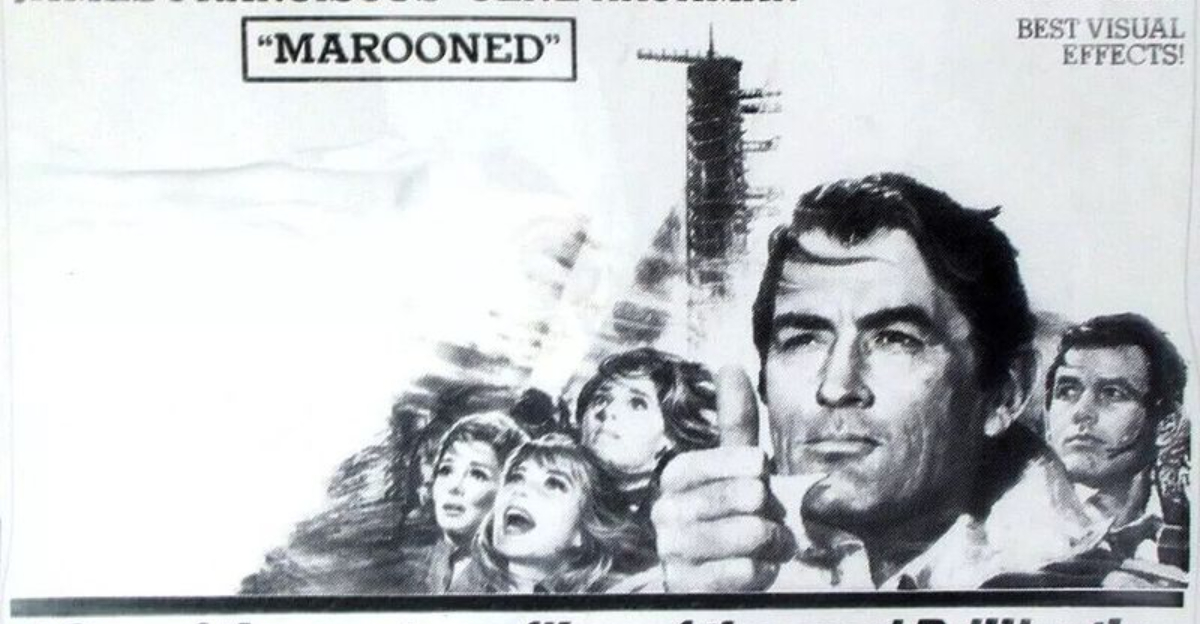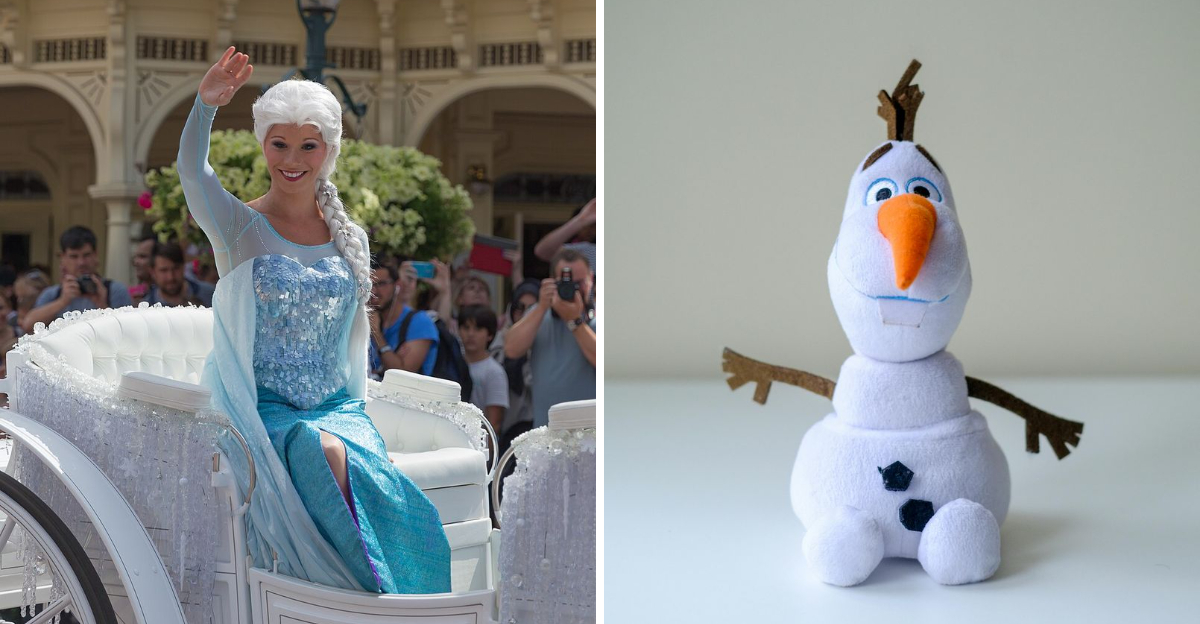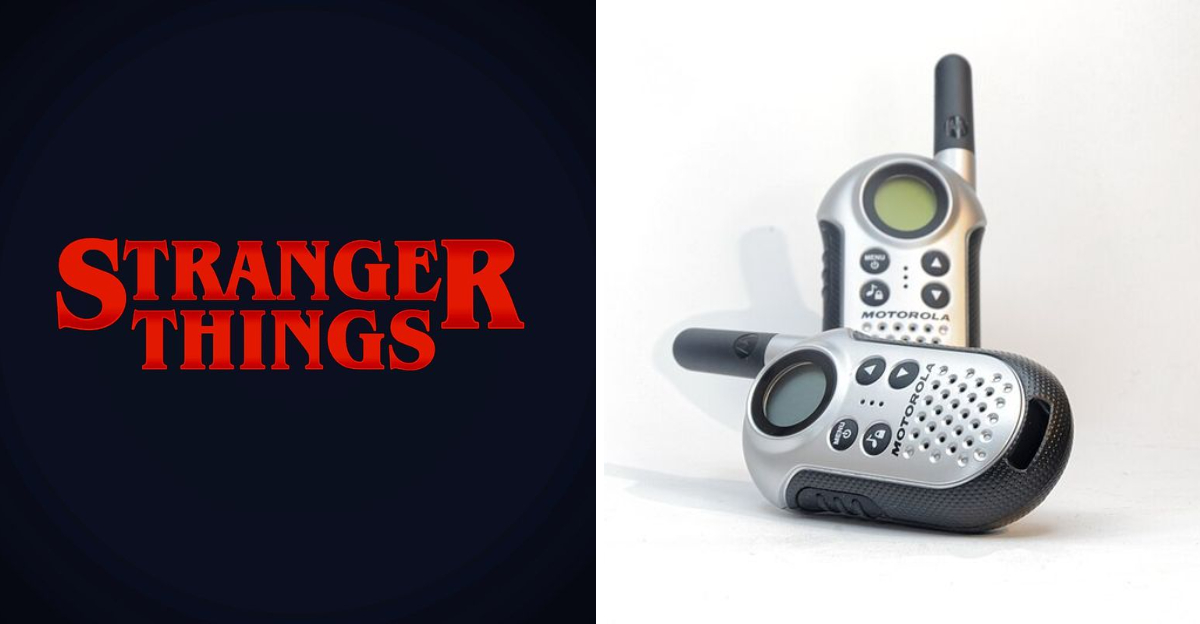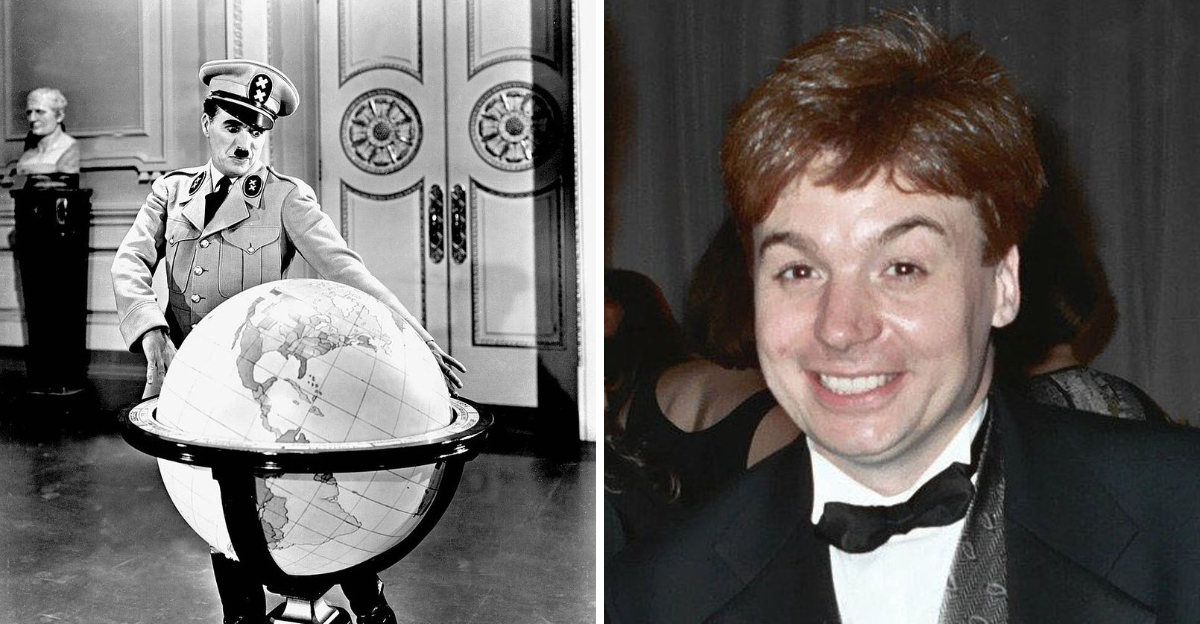18 Baffling Big Bang Theory Quirks Fans Politely Pretend Never Happened
Fans adored The Big Bang Theory for its nerdy charm and lovable characters, but even die-hard viewers noticed some seriously weird moments.
From continuity errors to cringe-worthy jokes, the show had plenty of quirks that made audiences scratch their heads.
Sure, we laughed along anyway, but deep down, we all knew something felt off. Ready to revisit those awkward moments everyone politely ignores?
1. Endless Laugh Track Over Obvious Jokes
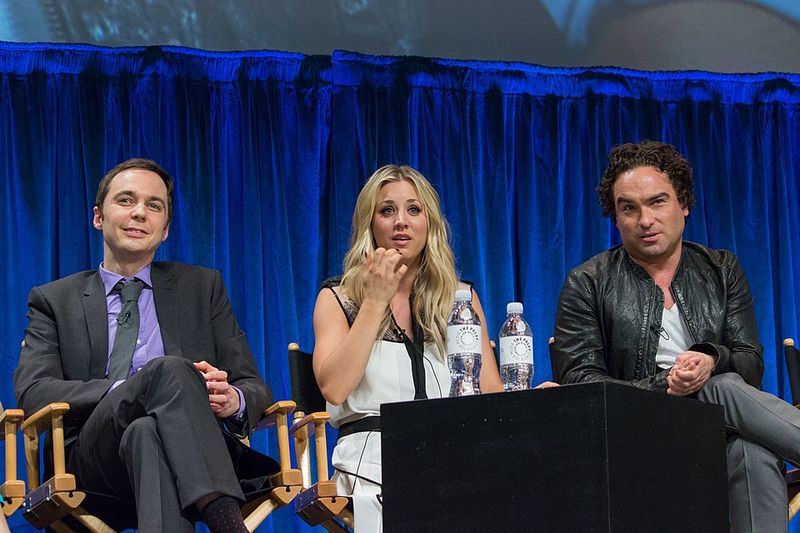
Nothing kills a punchline faster than a laugh track that sounds like a stadium full of hyenas. Audiences got tired of being told when to laugh, especially when jokes fell flat.
Sometimes the canned laughter lasted longer than the actual humor deserved. It became so predictable that viewers could time their eye rolls perfectly with every forced chuckle from the invisible crowd.
2. Science Genius Social Skills Whiplash
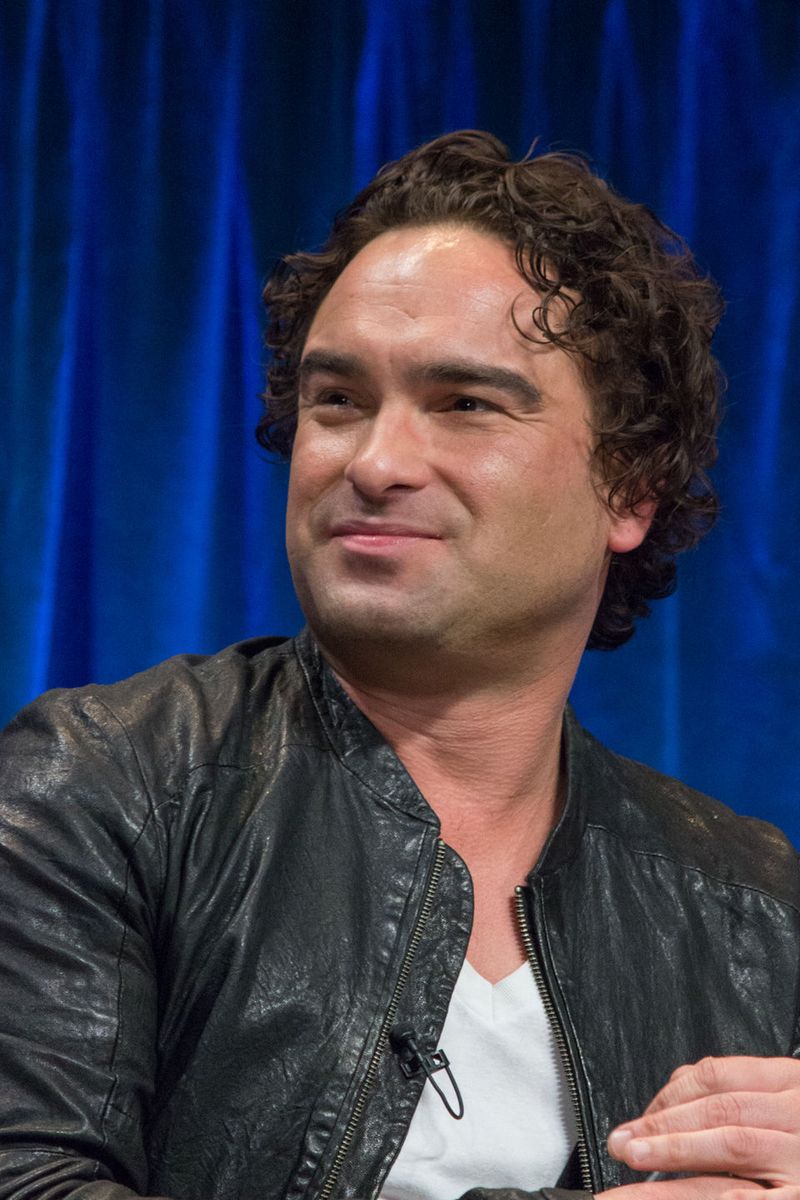
One minute, Leonard brilliantly explains quantum physics to a lecture hall. Seconds later, he fumbles basic small talk like a confused toddler.
Intelligence apparently worked on a sliding scale depending on what the script needed. Watching geniuses struggle with everyday conversations got old fast, especially when their competence flip-flopped scene by scene without any logical explanation whatsoever.
3. Penny Career Logic Rollercoaster
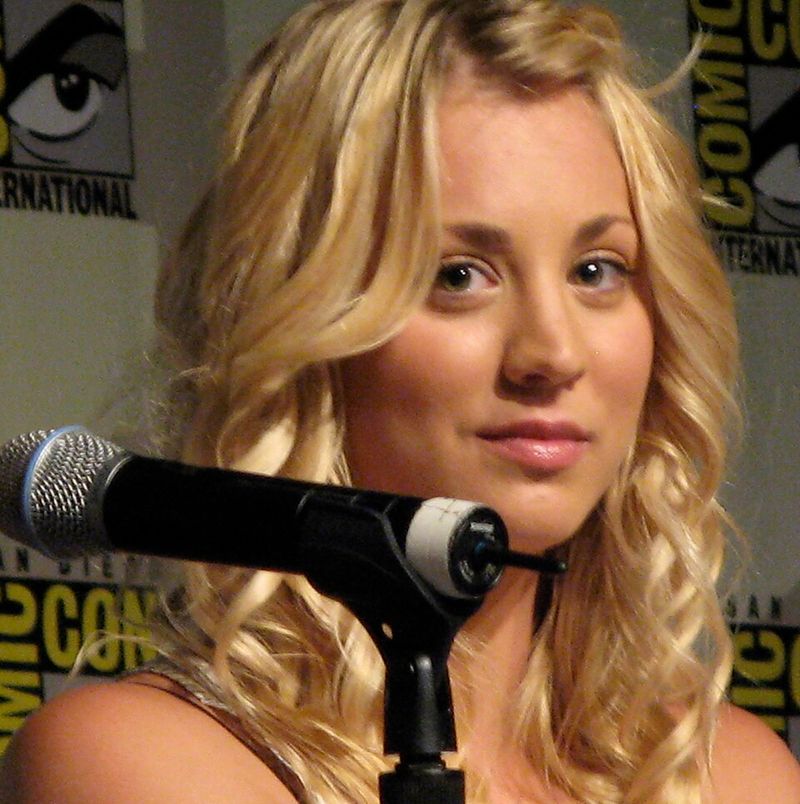
Aspiring actress becomes waitress, then suddenly pharmaceutical sales rep earning more than actual scientists. Career trajectories usually require effort, planning, or at least a montage.
Her sudden success felt like winning the lottery without buying a ticket. Fans wondered if they missed several seasons of character development somewhere between serving cheesecake and closing million-dollar deals.
4. Sheldon Contract Obsession Taken Too Far
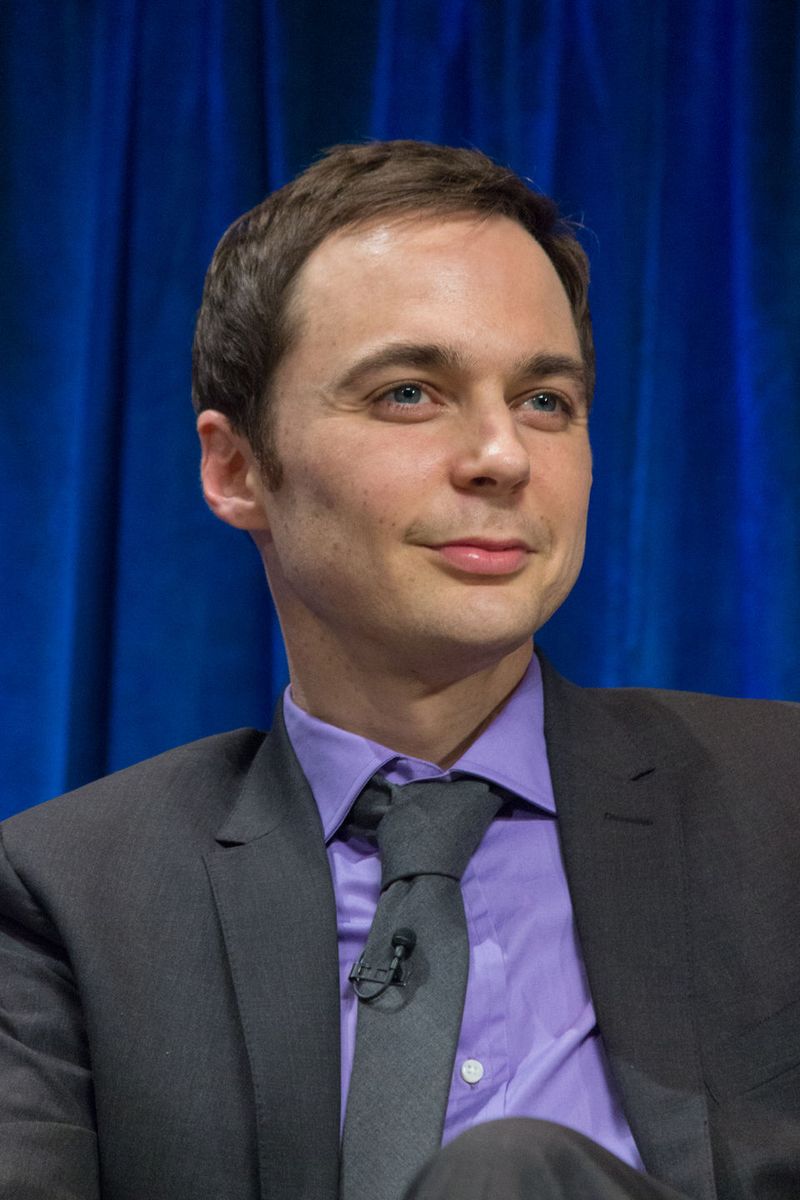
Roommate agreements are one thing, but Sheldon turned everyday life into a legal nightmare. Every friendship came with terms, conditions, and subsections that would make lawyers weep.
What started as quirky quickly became exhausting for characters and viewers alike. Nobody signs contracts to hang out with friends, yet somehow Leonard endured years of bureaucratic friendship without running away screaming.
5. Apartment Set Spatial Impossibilities
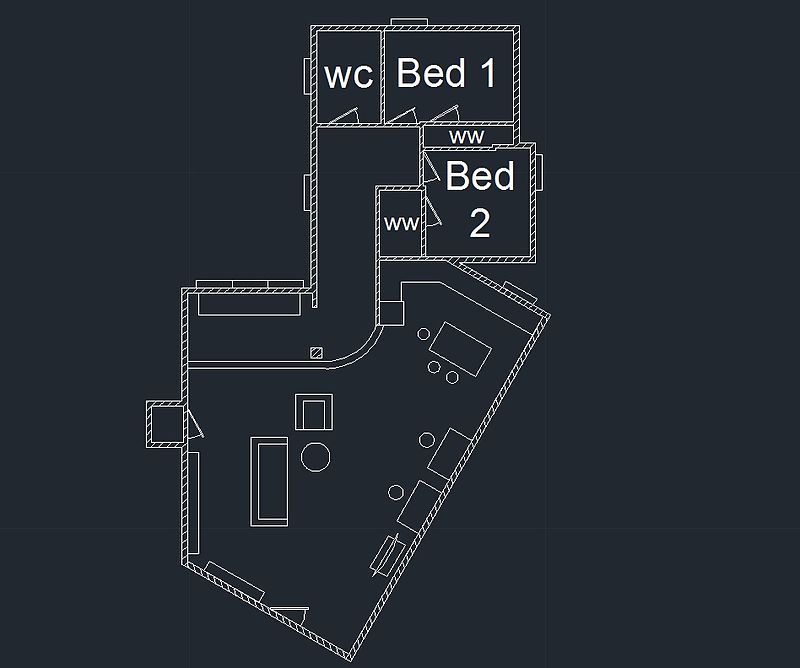
Ever notice how their apartment seemed bigger on the inside than physics allows? Rooms appeared and disappeared based on plot convenience.
Windows changed locations, hallways stretched impossibly long, and somehow seven people comfortably gathered in what should be a cramped space. Either Pasadena has magic architecture, or set designers hoped nobody would notice the spatial contradictions between episodes and camera angles.
6. Comic Book Store Customer Black Hole
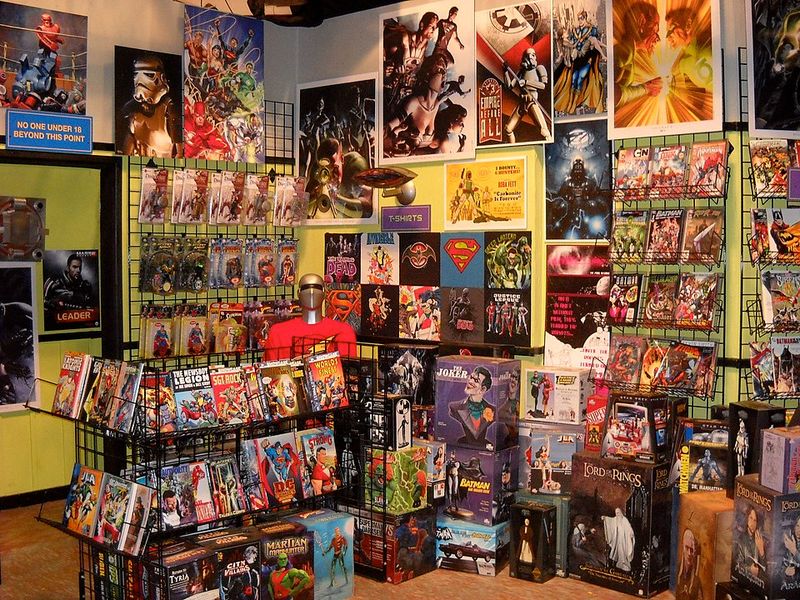
Stuart owned a comic shop that somehow stayed open despite having approximately zero customers besides the main cast. Business models apparently work differently in sitcom universes.
Real comic stores need actual paying customers to survive, yet his shop existed in perpetual emptiness. Rent, utilities, and inventory costs magically disappeared while Stuart complained about being broke without ever closing down permanently.
7. Unrealistic Friend Group Tolerance Levels
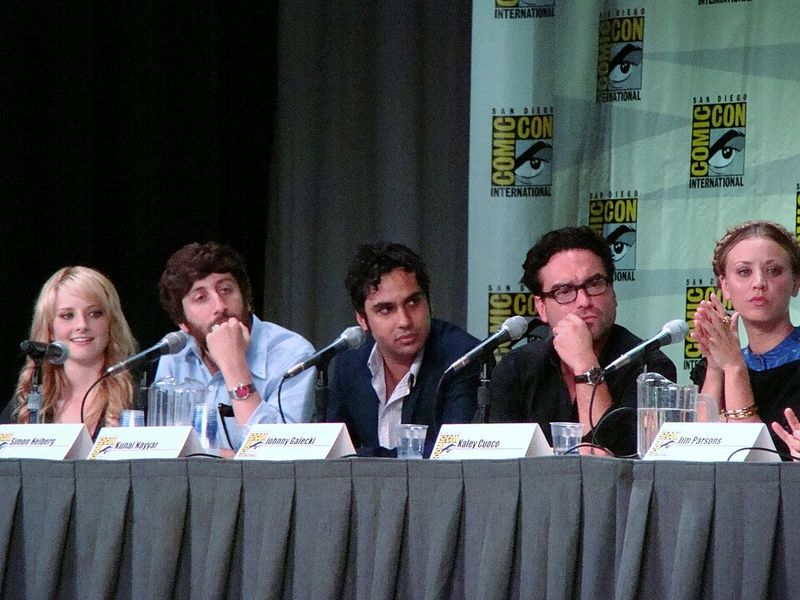
Real friendships have limits, but these characters endured years of insults, boundary violations, and general awfulness. Nobody possesses that much patience.
Sheldon insulted everyone daily, yet they kept inviting him places. Leonard whined constantly, Raj made inappropriate comments, and Howard acted creepy for seasons. Most people would have blocked these numbers and moved on after month one of constant drama.
8. Dating Success Rate Defying Physics

Socially awkward scientists somehow dated an endless parade of beautiful, successful women. Dating apps would love to know their secret algorithm.
Howard married a gorgeous microbiologist despite years of creepy behavior. Leonard dated constantly despite minimal charm. Even Raj found love repeatedly while barely speaking. Apparently, being terrible at social interaction works great if you live in a sitcom universe with convenient romantic plots.
9. Selective Intelligence Plot Convenience
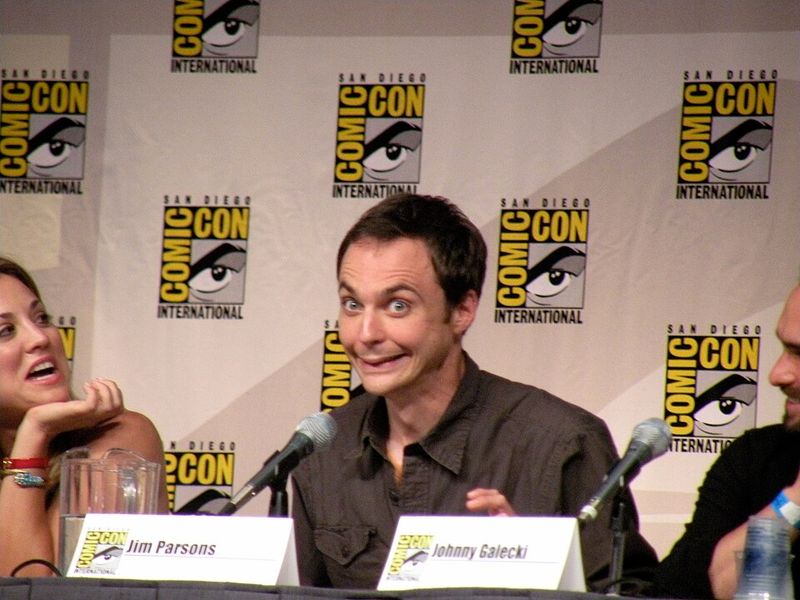
Brilliant minds capable of groundbreaking research suddenly could not figure out basic life tasks. Intelligence worked only when scripts demanded it.
Characters solved impossible scientific problems but forgot how microwaves work. Sheldon memorized entire textbooks yet struggled with obvious social cues a child understands. Competence appeared and vanished faster than quantum particles, depending entirely on whether the scene needed comedy or drama.
10. Endless Knock Pattern Drama
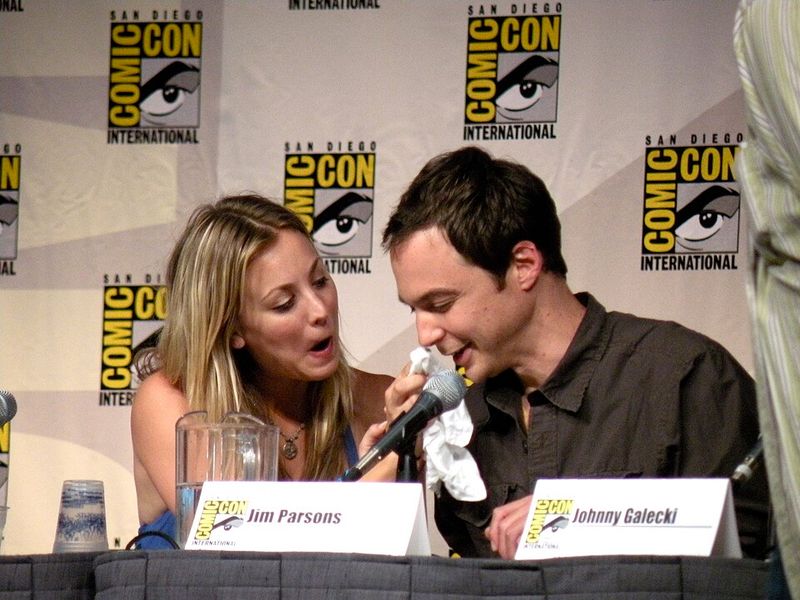
Knock, knock, knock. Penny. Knock, knock, knock. Penny. Everyone gets it already.
What began as a character quirk became an exhausting running gag that overstayed its welcome by approximately seven seasons. Watching Sheldon repeat the same pattern hundreds of times stopped being funny and started feeling like torture. Even die-hard fans secretly wished someone would just install a doorbell already.
11. Overplayed Geek Stereotype Carousel
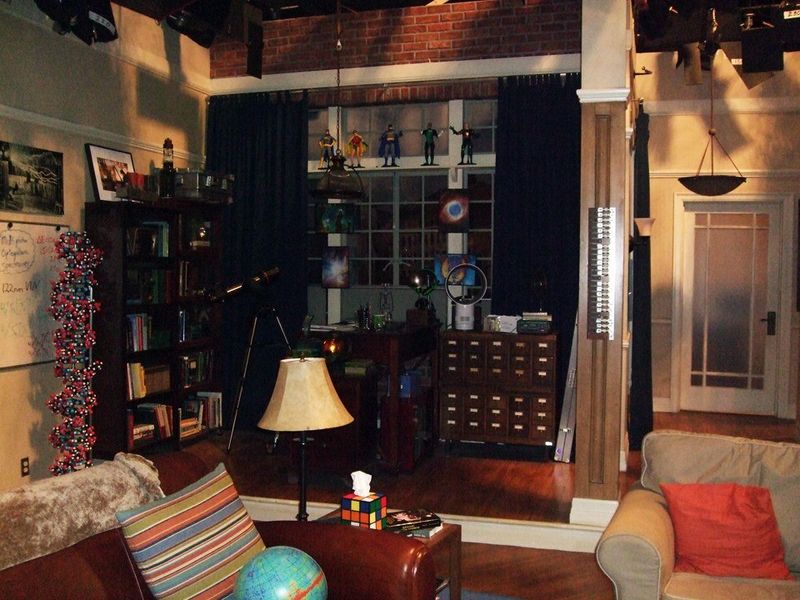
Yes, nerds like comics and games. We understand. No need to hammer that point home every single episode for twelve years straight.
Characters became walking stereotypes rather than actual people with varied interests. Every conversation circled back to Star Trek, comic books, or video games. Real geeks have diverse hobbies and personalities, but apparently sitcom writers only knew five nerdy references total.
12. Time Travel Level Continuity Errors

Backstories changed more often than Sheldon changed his spot on the couch. Writers apparently forgot their own previous episodes.
Characters had different origin stories depending on the season. Details about families, childhood experiences, and past relationships contradicted earlier statements regularly. Fans keeping track needed spreadsheets and detective boards to figure out which version of history counted as canon anymore.
13. Raj Speaking Rule Musical Chairs

Raj could not talk to women without alcohol, except when he suddenly could, then could not again. Rules existed until writers found them inconvenient.
His selective mutism appeared and disappeared based on plot needs rather than any realistic progression. Sometimes he spoke freely, other times he froze up, all without consistent explanation. Viewers stopped trying to understand the logic behind his ever-changing communication abilities.
14. Hyper Competent Scientists Basic Life Failures

Accomplished researchers with doctorates somehow could not operate washing machines or cook simple meals. Adult incompetence became their defining trait.
Real scientists manage everyday life just fine while conducting groundbreaking research. But sitcom logic demanded these geniuses act helpless about laundry, grocery shopping, and basic hygiene. Apparently advanced degrees erase all common sense and survival skills completely.
15. Awkward Humor Pushed Into Cringe Territory

Awkward comedy works until it crosses the line into painfully uncomfortable territory. Later seasons forgot where that boundary existed.
Jokes became mean-spirited, situations turned genuinely disturbing, and characters acted horribly without consequences. What once earned chuckles instead made audiences squirm uncomfortably. Watching friends treat each other terribly stopped being funny and started feeling like witnessing actual toxic relationships play out weekly.
16. Nobel Prize Speed Run Miracle
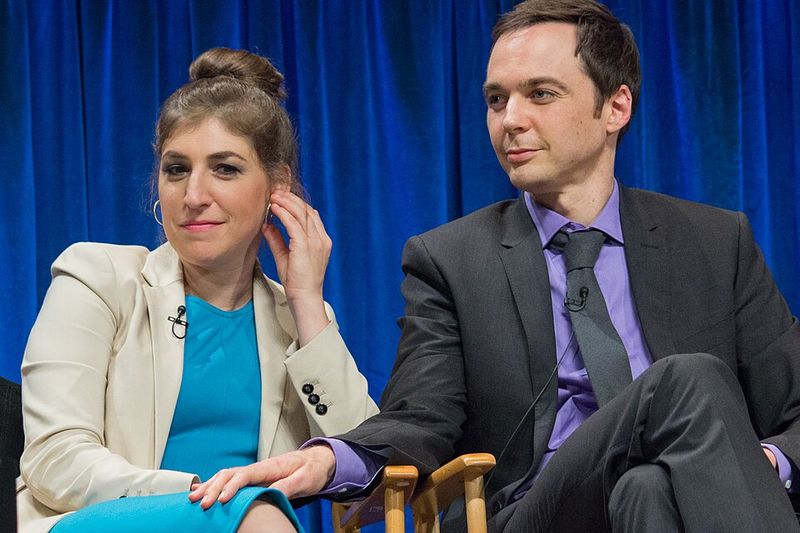
Decades of research compressed into one convenient final season because the show needed a big ending. Scientific breakthroughs apparently happen on demand now.
Real Nobel Prize winners spend lifetimes on groundbreaking work. Sheldon and Amy figured everything out suspiciously fast once writers decided the series needed a triumphant conclusion. Physics waits for no finale, except apparently it does when ratings demand emotional closure.
17. Emotional Growth Reset Button Moments

Characters learned valuable lessons, grew emotionally, then completely forgot everything by next episode. Personal development worked on a temporary basis only.
Sheldon became more understanding and compassionate, then reset to selfish jerk status immediately. Leonard gained confidence, then reverted to insecurity. Growth happened only when individual episodes needed heartwarming moments, then vanished to maintain the status quo everyone expected from sitcom formulas.
18. Side Character Vanishing Acts
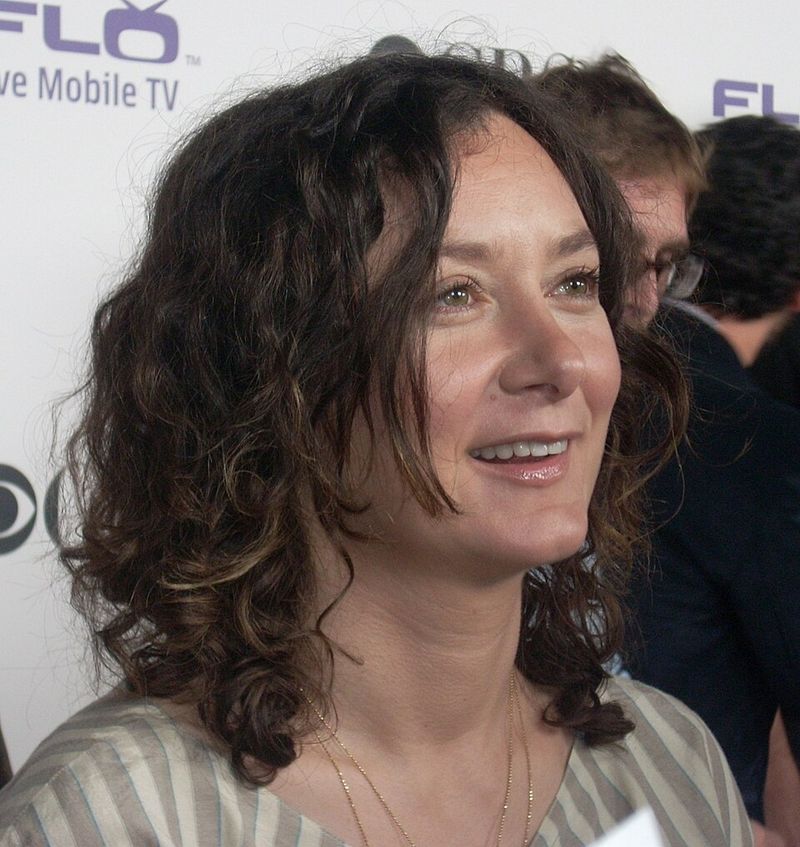
Remember Leslie Winkle? Priya? Lucy? Writers introduced characters, then made them disappear without explanation or closure.
Relationships ended off-screen, friends stopped existing, and coworkers vanished into thin air. Nobody mentioned these people again, as if collective amnesia struck the entire cast. Apparently sitcom universes have black holes that swallow inconvenient characters once their storylines stop serving the main plot.

